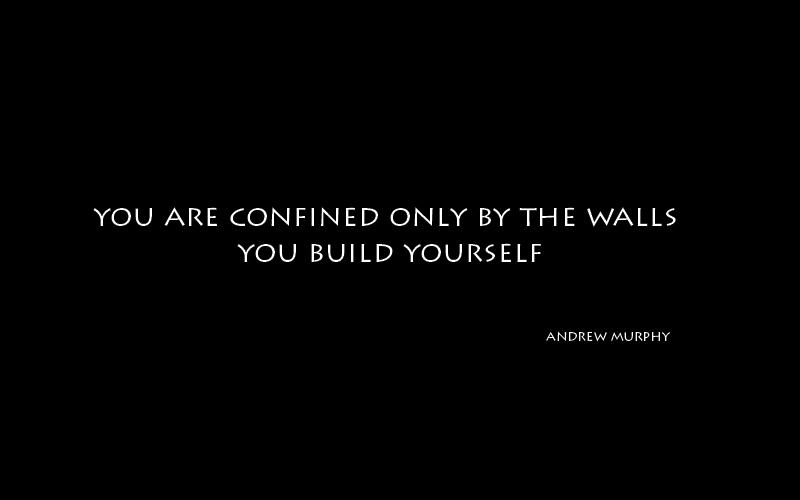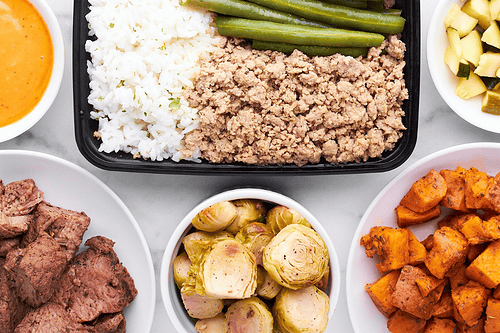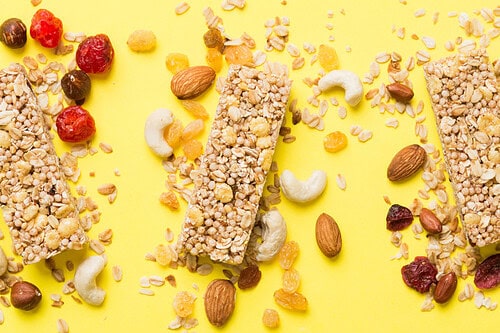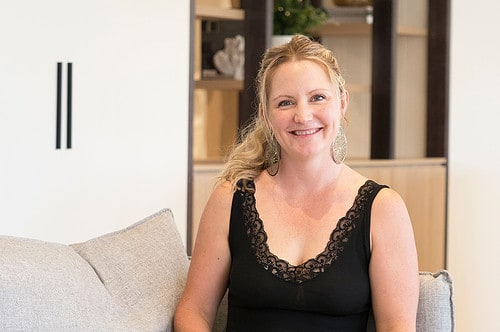
Everyone wants to feel better, have that healthier glow and bounce in his or her step. Feeling well often comes with looking at your best, which is certainly an attractive outcome to a healthy lifestyle. The problem however lies in the great devoid between wanting and actually doing it. We all want to feel and look great, who doesn’t! But the road to getting there is significantly harder than just announcing you want something and expecting it to happen.
The thing with creating a road to a healthier you is that it involves change. Change is not easy. Especially when it comes with years and years of ingrained habits and emotional connections to food. We come from a society in which we are used to having what we want straight away (at a certain price tag), so to actually commit time to the journey, or change as a concept, is exasperating to many.
Truly embracing change takes commitment. The ability to really commit, to see our goals through, can be quite daunting as it is often a long pathway lined with emotional challenges along the way. Commitment to a healthier lifestyle needs to come hand in hand with a genuine desire for change. It is all well and good to want to look fabulous on the beach for summer, yet the steps to take and demons to face to get there can be remarkably confronting.
In the primary stages of deciding to make lifestyle and food adjustments there is often an initial elated feeling that your healthy goals may actually be achievable. You are filled with vigor and pumped about revamping your cupboards and therefore your body. Off to the health food store you go buying everything from goji berries to matcha. As the first weeks go by however you start finding yourself feeling disquiet, unsure and irritated by a sense of deprivation and/or ‘missing out’. You make excuses as to why it’s ‘too hard’ or ‘your too busy’. Que entry, unconcious self-sabotage. Now forgive me, and this may seem a little harsh, but over nearly ten years of clinical practice I have seen many super busy people get their s**t together and make significant change, whether they have a hectic corporate life, family life or both.
So why the self sabotage? Why the sudden pull towards the foods that you know are going to make you feel like crap? The most common reason I see in clinic is that our body and our ailments become an amour as such that defines us. A vessel if you will that literally swallows fears and unhappiness within. We grow accustom to using our ill health as a funnel to channel unhappiness and fear into allowing us to perpetuate the story of why we are not happy, instead of facing the real reason of our discontent and worry. When faced with the stone cold reality of stripping that amour away, well it can be terrifying.
The concept of slow and steady results also frustrates us when we are used to more instantaneous results. The band-aid approach to symptom relief in modern society has left us expecting steadfast results. Yet, maintainable lifestyle and health changes require time. The simple and logical fact is that when you are dealing with treating the underlying core of a health matter interwoven with habits and emotions, it is going to take a hell of a lot longer to treat than a course of antibiotics or popping a few nuerofen.
Getting the results means knuckling down and working on yours truly. Being ready to face some emotional hurdles, reward based habits and well-hidden fears. It requires believing in yourself, and allowing yourself to understand that in the journey to a healthier you there is going to be ups and downs and that’s okay. An all or nothing approach will only lead to discontent. You need to go easy on yourself and realise that it is a process of self-discovery. Let go of the need for immediate results and realise that if you want sustainable outcomes that it’s going to take time and a little patience.
5 ways to get off the self-sabotage wagon
- Be aware of your actions. Have a good think, or ideally chat with someone who will really listen to why you think you are caught in a cycle. Why are you perpetuating the same results (or lack of) each time. What are your triggers? Understanding why you’re doing something is the first step to creating accountability through awareness.
- Create accountability in two ways. One, from an outside source such as a practitioner or a friend/family member that you can confide in and share your thoughts. Two, accountability for yourself. Your practitioner and friends are not with you 24/7. Think about ways that you can keep yourself accountable in regards to what you choose to put in your mouth. A food diary or a food app, Instagram for instance. Recording all of what you consume (not just the ‘healthy stuff’) can be a powerful and motivation tool.
- The definition of insanity is doing the same thing over and over again and expecting different results (thanks mr einstein for this gem of wisdom). If you are addicted to an ‘all or nothing’ approach for example as commonly seen with self sabotage, it clearly isn’t working for you. Fundamentally your approach needs to change. Stop repeatedly hitting your head against the same wall.
- Be kind to yourself. Change isn’t easy. We are our own worst enemies and have ludicrously high expectations in regards to how quickly we should achieve our goals. You cannot expect to do a complete 180 in a day, or a few weeks for that matter. Understand that old habits die-hard and that breaking them will take time, however you will get there with patience.
- Stop using ‘falling off the wagon’ or other excuses to go off the rails for the next three weeks. “I’ll start again next week”, or “I’ll start again after my holiday” or “the dog ate my food plan”. There is never any ideal time to start. Start now.
The JCN Clinic is currently offering our Intuitive Eating Online Workshop with Paige Redford. Paige is extremely passionate about this topic and is excited to share some of the benefits Intuitive Eating can have, including improved eating habits, lifestyle, body image, physical activity, mental health, quality of life and metabolic fitness including blood glucose control blood pressure.
In this program you will learn what Intuitive Eating is, what the benefits of it are and how you can implement it into your own life. Support is here. You don’t need to do this alone. In fact, it’s really hard to do so.
For more information please visit our online workshops here.
Jessica Cox is a qualified practicing Nutritionist with a Bachelor Health Science (Nutrition) and over 15 years of clinical experience. She is the founder and director JCN Clinic, published author and established recipe developer. Jessica is well respected within health and wellness space for her no fad approach and use of evidence-based nutrition.






